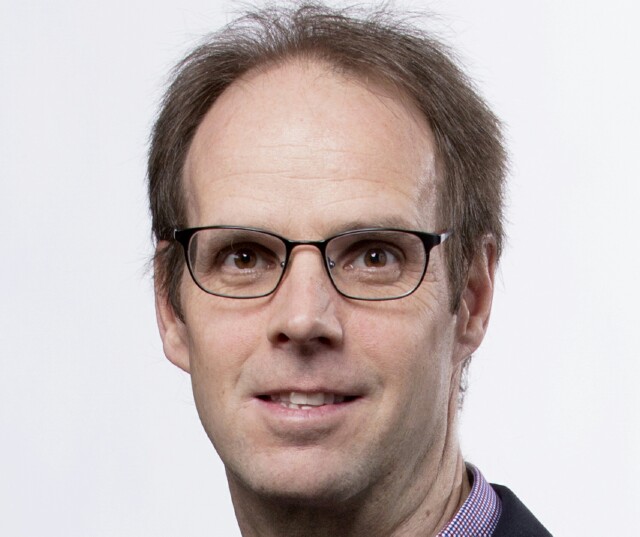NBC Digital’s Bill Smee on the Evolution of News

News creation and coverage is one area of the media that has seen particular change in the past few years. Affordable easy-to-use production equipment, the shift from film to video to digital formats, advancements in production technology and expansive access to anyone and everyone via the Internet have dramatically shifted the business of news content formation.
Bill Smee, Executive Producer Original Video for NBC News Digital, experienced all of this first hand as he navigated a career that began as a TV producer at CNN long form and moved eventually into the digital realm of news creation. His current responsibilities include overseeing original digital content on NBCNews.com and various distribution channels like Facebook. In this interview, Smee talks about how news has evolved since he began in the business, the interplay between objective and subjective reporting, growing a news audience today and how the news coverage landscape may look in the next five years.
Charlene Weisler: How has news reportage evolved since you first started in the industry 20+ years ago?
Bill Smee: Everything has changed … and maybe that’s just a function of how old I have gotten! There used to be a finite number of distributors of video news on TV. This then exploded with the Internet and technical advancements in video production and delivery. It is now easy for anyone to create content. It is an exciting time but there are challenges. There is more competition from all corners and a change in the rhythm and expression of video news. While there are conventions in news coverage in broadcast news, and these conventions are great, digital demands new formulas and approaches and different distribution channels have a different ethos.
Charlene: Have we moved from more objective reporting of the news to a more subjective reporting of the news?
Bill: In a way. There is atomization and more production of content because anyone can push out content now. The audiences are becoming more niche and they tend to gravitate to their own interests and opinions. NBC is a trusted source of news and information and therefore we have competitive advantages. Consumers gravitate to specialty sites but they have to ask themselves: Is it accurate? Is it trusted? Trust is high on our list; we take it very seriously. We may experiment with certain things in style but we value accuracy and journalistic principles the most. But it is the consumers’ choice.
Charlene: Is there a difference between digital and over the air content?
Bill: Yes. There are differences in style and in tone. There are certain conventions in broadcast and TV news such as the style of presentation. Digital has a more informal approach, often not hosted by a traditional TV reporter. And segments are tailored for different formats -- for example, video on Facebook -- so it can be consumed without volume. There is a wider range of approaches, produced with a purpose and with a certain audience in mind.
Charlene: What type of data do you use in your decision making regarding news reportage?
Bill: We care about performance metrics because we want to build audiences and want the most people to consume it. But we are not necessarily driven by certain topics or trending data to achieve this viewership. The lead time in news is shorter than in entertainment so we can be more responsive if a certain segment or series is doing well or not. The data and metrics we can now get in digital are amazing and we can learn a lot about our audiences.
Charlene: Where do you see news gathering and reportage going in the next three to five years?
Bill: That is a very difficult question. If anyone has a good answer, please give me a call! It is hard to handicap because things are changing so fast. Trends that have already started will continue and will present both opportunities and challenges for us. Now content is distributed in a lot of different places and we need to figure out how to optimize for all platforms. Mobile, Facebook and YouTube are part of an ever expanding ecosystem. Distribution points are all much more important, so it’s not enough to just make great video content.
The opinions and points of view expressed in this commentary are exclusively the views of the author and do not necessarily represent the views of MediaVillage/MyersBizNet management or associated bloggers.


